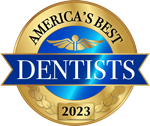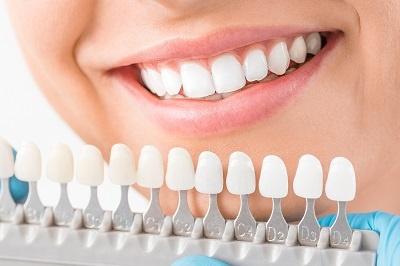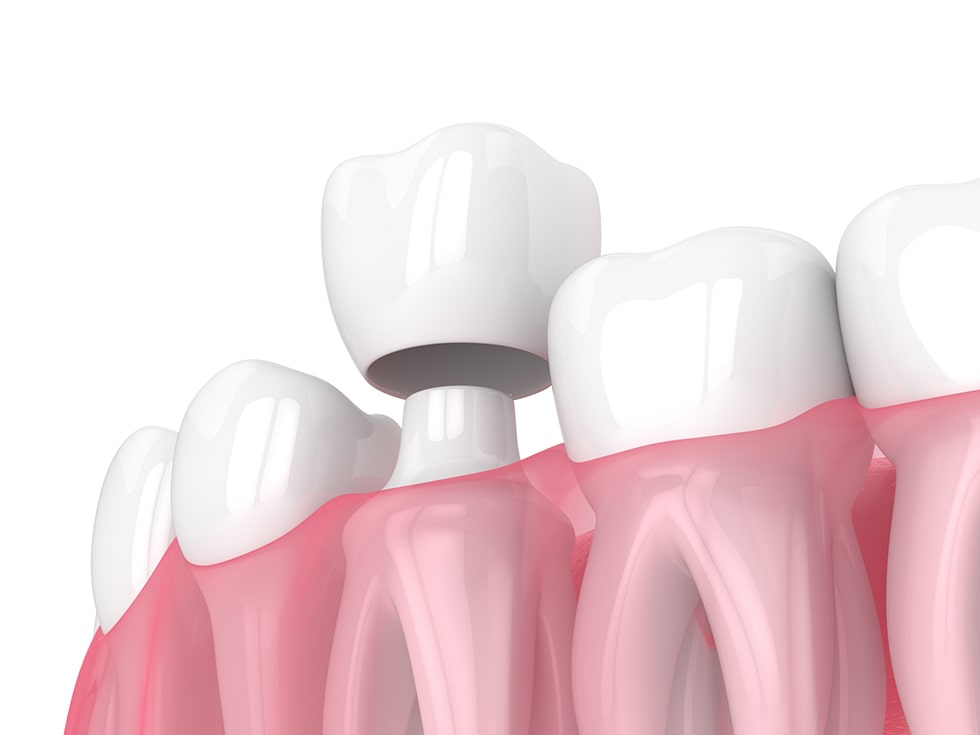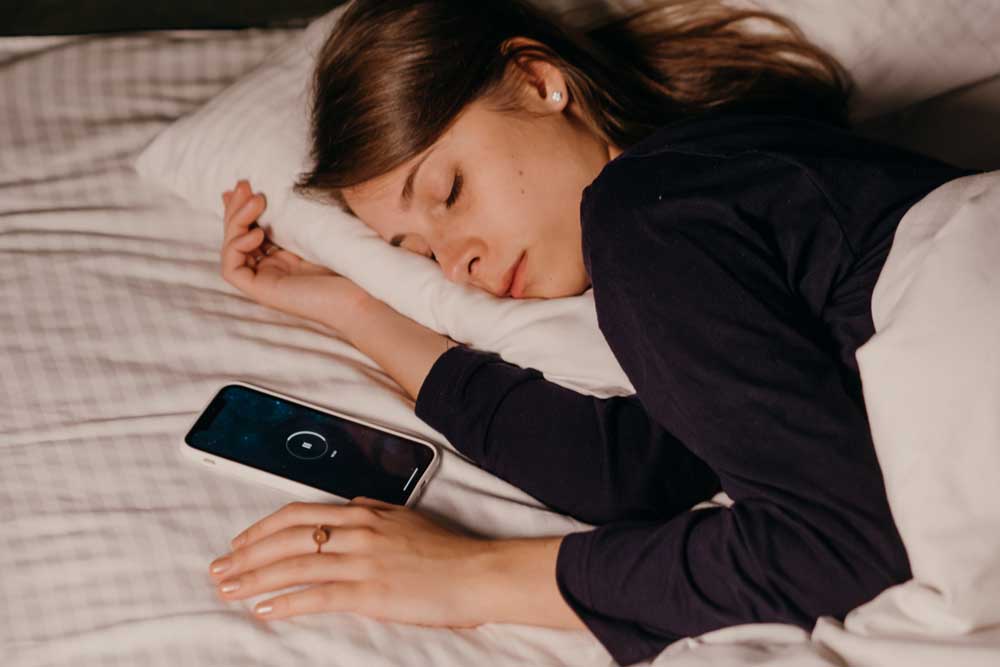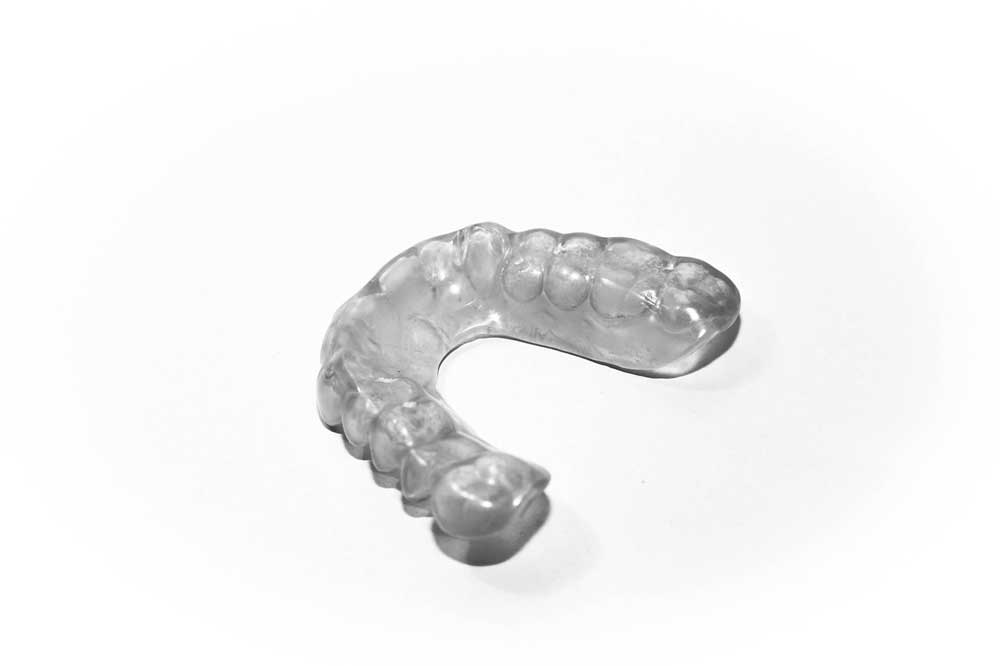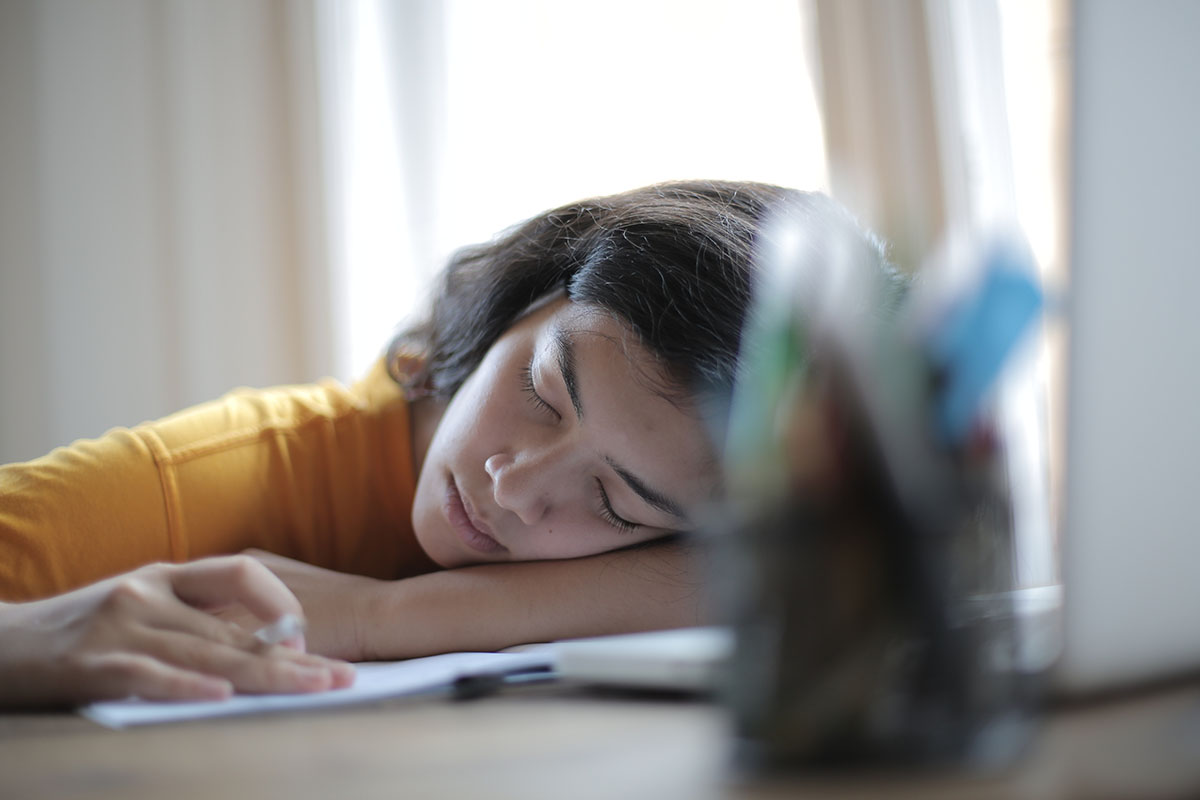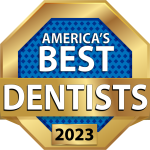How Long Do Dental Crowns Last?
Dental crowns are an effective solution for restoring damaged or decayed teeth. They offer both cosmetic and functional benefits, but a common question that many patients have is, “how long do dental crowns last?”
Let's delve into the longevity of dental crowns and the factors that can influence their lifespan.
Factors Influencing the Lifespan of Dental Crowns
1. Material Used
The material of the crown plays a significant role in its durability. For instance:
- Porcelain crowns: Offer a natural appearance and can last between 5 to 15 years, with proper care.
- Metal crowns: Often last longer, sometimes up to 20 years or more due to their robust nature.
- Porcelain-fused-to-metal crowns: Combine the aesthetic appeal of porcelain with the strength of metal, typically lasting 10 to 15 years.
2. Oral Hygiene Practices
Regular brushing, flossing, and routine dental check-ups can extend the life of your dental crown. Neglecting oral hygiene can lead to issues like gum disease which might compromise the base where the crown is attached.
3. Habits and Lifestyle
Habits such as grinding or clenching your teeth, chewing on hard objects, or using your teeth to open packages can damage crowns, reducing their lifespan.
How Long Do Dental Crowns Usually Last?
On average, dental crowns last between 5 to 15 years. However, with optimal care and depending on the material used, they can last even longer.
The metal crowns are the sturdiest and might exceed 20 years, while porcelain variants often last between 5 to 15 years. Remember, individual experiences may vary, and regular check-ups with your dentist are crucial to ensure the health and longevity of your crown.
Tips to Extend the Life of Your Dental Crown
- Maintain Good Oral Hygiene: Regular brushing, flossing, and using an antiseptic mouthwash can keep your crown in good condition.
- Visit Your Dentist Regularly: Regular visits to your dentist for check-ups and cleanings help in identifying and addressing potential issues before they escalate.
- Avoid Hard Foods: Hard candies or ice can harm your crowns. Try to avoid or limit them.
- Wear a Mouthguard: If you’re involved in contact sports or have a habit of grinding your teeth, consider wearing a mouthguard to protect your crown.
Summary
In conclusion, the lifespan of a dental crown primarily depends on the material, your oral habits, hygiene practices, and regular dental check-ups. If you're considering getting a dental crown or want to know more about their longevity, visit CK Family Dental's service explanation on dental crowns.
Remember, individual experiences vary, and it’s essential to consult with your dentist about what to expect and how to care for your dental crown to ensure its maximum lifespan.

